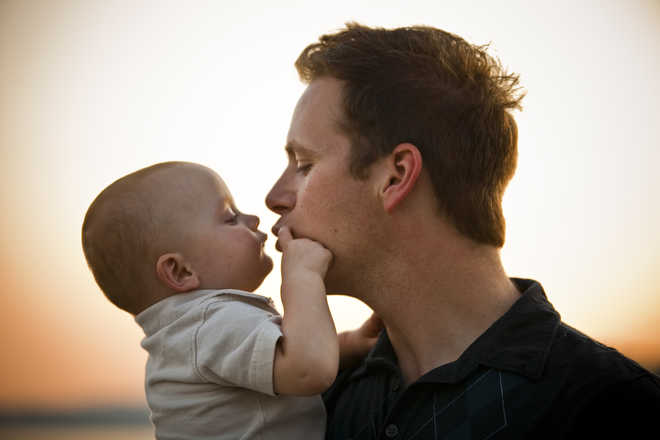
Photo source: Thinkstock
Singapore
The next time you try to tell a lie or simpler versions of truth to your kids, be careful. A new study has suggested that children as young as two and a half years old can understand others' "false beliefs". This suggests that they can also recognise when people are lying, cheating, or pretending.
Using a methodology known as the 'false belief task', an international team of researchers tested the abilities of more than 140 toddlers aged two and a half, to understand when other people have different thoughts from them.
False beliefs are misconceptions that result from incorrect reasoning, and the researchers suspected it may be too advanced for children to understand, or there may be too much information for them to deal with at once.
However, the findings showed that the cognitive abilities of two-and-half-year olds more advanced than previously thought.
"Our findings suggest that children may be able to spot when parents are doing this (telling lie) from as early as two and a half years old. Parents of young children and early childhood educators should be aware that children's early cognitive abilities may be more advanced than previously thought," said Setoh Pei Pei, Assistant Professor at Nanyang Technological University (NTU) in Singapore.
For the study, the researchers used a modified story of 'Emma' and her apple in which the apple was taken away to an undisclosed location. The kids were then shown two object pictures and asked additional location questions. After this, they are asked where Emma will look for her apple.
The results suggest that young children are aware that others may hold different beliefs from them, but were not able to demonstrate this understanding due to information-processing overload.
"The ability to answer questions about persons with false beliefs is present very early in development, contrary to what was traditionally thought," said Renee Baillargeon, Professor at the University of Illinois in the US.
The study was published in the Proceedings of the National Academy of Sciences (PNAS). — IANS


























